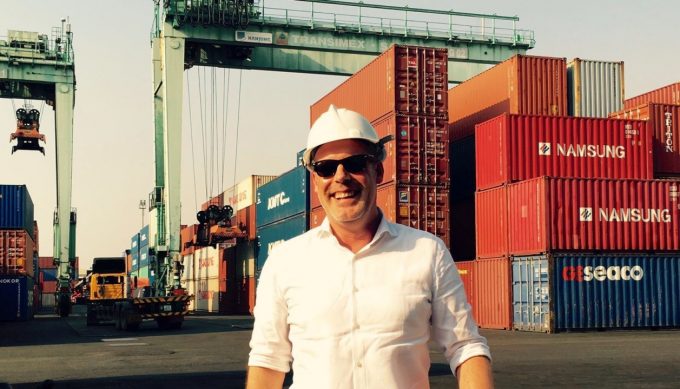
Logistics market veteran Henrik Kofod-Hansen writes:
I worked 28 years in the industry, and I have worked with extraordinarily dedicated, resourceful and smart people with fantastic can-do spirits. I admire them, and I am thankful for the friendships I made over the years.
Today, I work with organizations on psychological topics. Through my work with very different organisations (e.g. in social media, pharma, hospitality and of course logistics), I have experienced how organizations can function much better by taking new approaches. There is a lot of inspiration to be found outside the logistics world.
I tell you this, so that you know that what I am about to write comes with sincere and constructive intentions.
Disruption
Seen from the outside, freight forwarders organise themselves more or less in the same way, and their cultures only differ marginally. Masculine behaviours, focus on the own bottom line, silo thinking and cheating on profit sharing are hallmarks of most organizations. This environment does not foster deep collaboration and innovation. Forwarders think and operate with a mindset of scarcity and have little imagination.
1000s of logistics people move between different logistics companies every year, because it’s easy to find more or less the same job in another logistics company. Ideas and customers are carried from one company to the next, and the result is that services are exchangeable and customer relationships are not developed with value generation for the customer in mind. This is a real problem for freight forwarders, but something that few talk about openly.
For outsiders it is difficult to be accepted in a logistics organization, as they do not fit into the traditional boxes and have different mindsets and skills. They find it hard to bring in their ideas and change things, and often leave soon again. Therefore, logistics organizations miss out on much needed new perspectives and capabilities, which they need to transform their business…
To read the full post, please click here.

